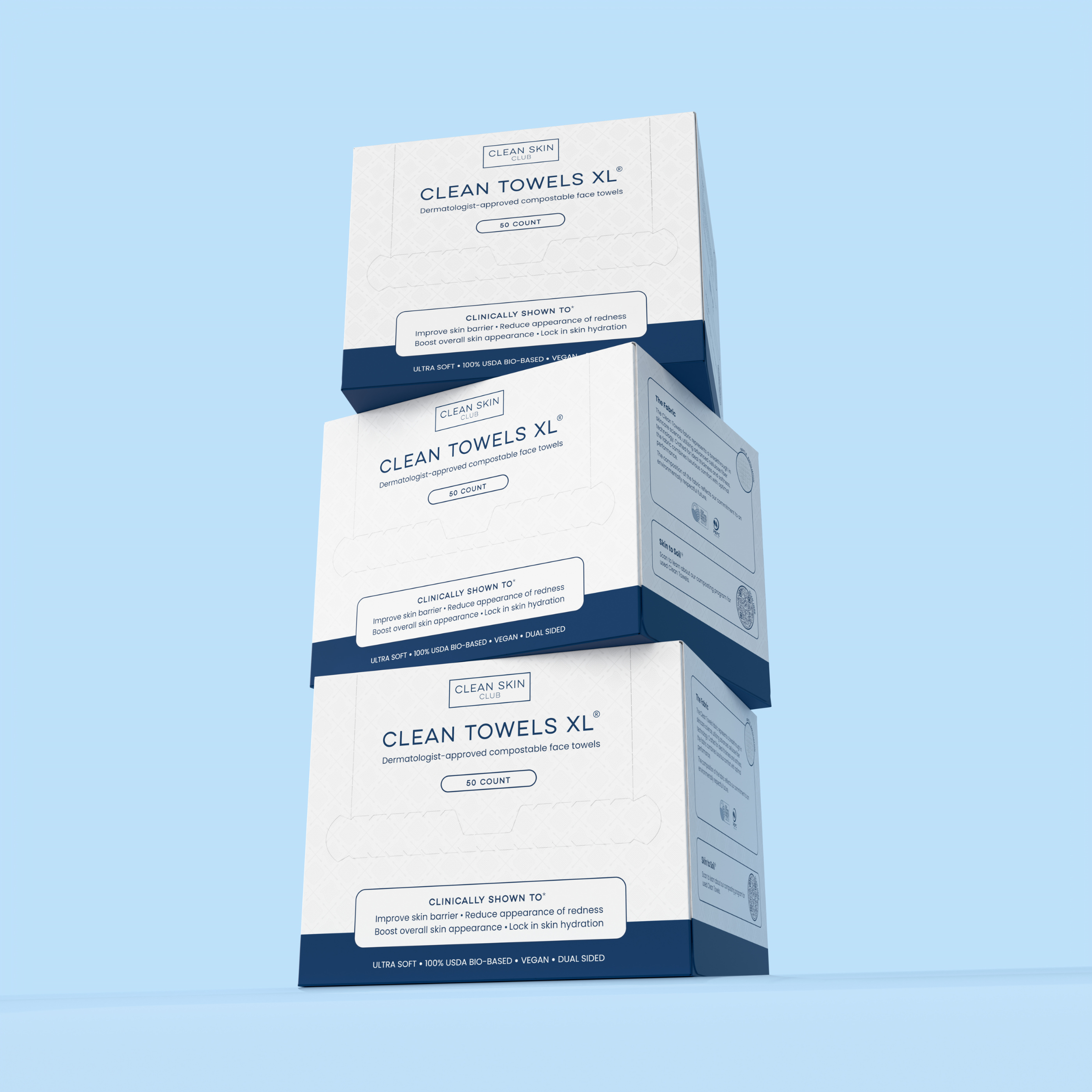You wash your face daily and never forget the SPF, but did you know your pillowcase is an essential part of a healthy skincare routine?! Let’s talk about all the reasons hygiene doesn’t stop with skin care.
-
DUST MITES - Dust mites are relatives of spiders that live in our homes, their main food source is our dead skin cells. While dust mites are an important part of the ecosystem unfortunately, they also leave behind their .. um….. waste …. And according to the Asthma and Allergy Foundation of America
that fecal matter is a common allergen for over 20 million Americans.
-
DEAD SKIN CELLS - Humans lose around 200 million skin cells every hour, and getting our 7-8 hours of sleep a night leads to a lot of skin cells on our pillow. This shedding of the skin is an ideal found source for dust mites, bacteria and other microorganisms, who invite themselves in and overstay their welcome!
-
SEBUM - The natural oil from our skin, known as sebum, can be absorbed by our pillowcase. This can be particularly troublesome for someone struggling with acne or even excess oiliness of the hair and scalp.
-
PET DANDER - We love our fur babies, but unfortunately even if they are not allowed in bed with you, their dander will still collect on your pillow. This dander helps feed the microorganisms. In addition, there have been rare reports of the transmission of bacterial infections from pet to pet owner due to pillow case contact.
-
BACTERIA - We’re all about keeping our skin clean and healthy, and that includes eliminating unnecessary bacteria from the skin’s surface. Our pillowcases can home a build up of different bacteria that may impact overall skin health.
- FUNGUS - There have been over ten thousand species of fungus identified on pillow cases and a study done by University of Manchester found the most common fungus found on pillow cases is called aspergillus fumigatus, which can exacerbate asthma and may pose a health risk to those who are immune compromised.
Thank you for reading!
This article of the Skinsider Scoop was graciously written by Licensed Esthetician, Research & Development Project Manager at Clean Skin Club, and published author of The Science Behind Skin Care, Kelsey Hayden, and edited by the Clean Skin Club team. If you're interested in more from Kelsey, please shoot us an email, and follow her Instagram - @kelseyaesthetics



